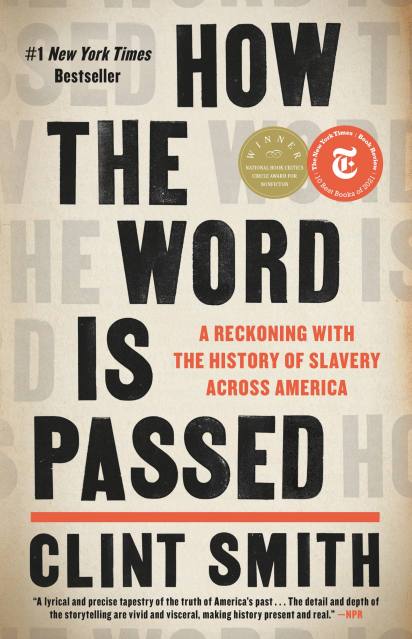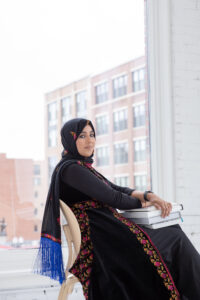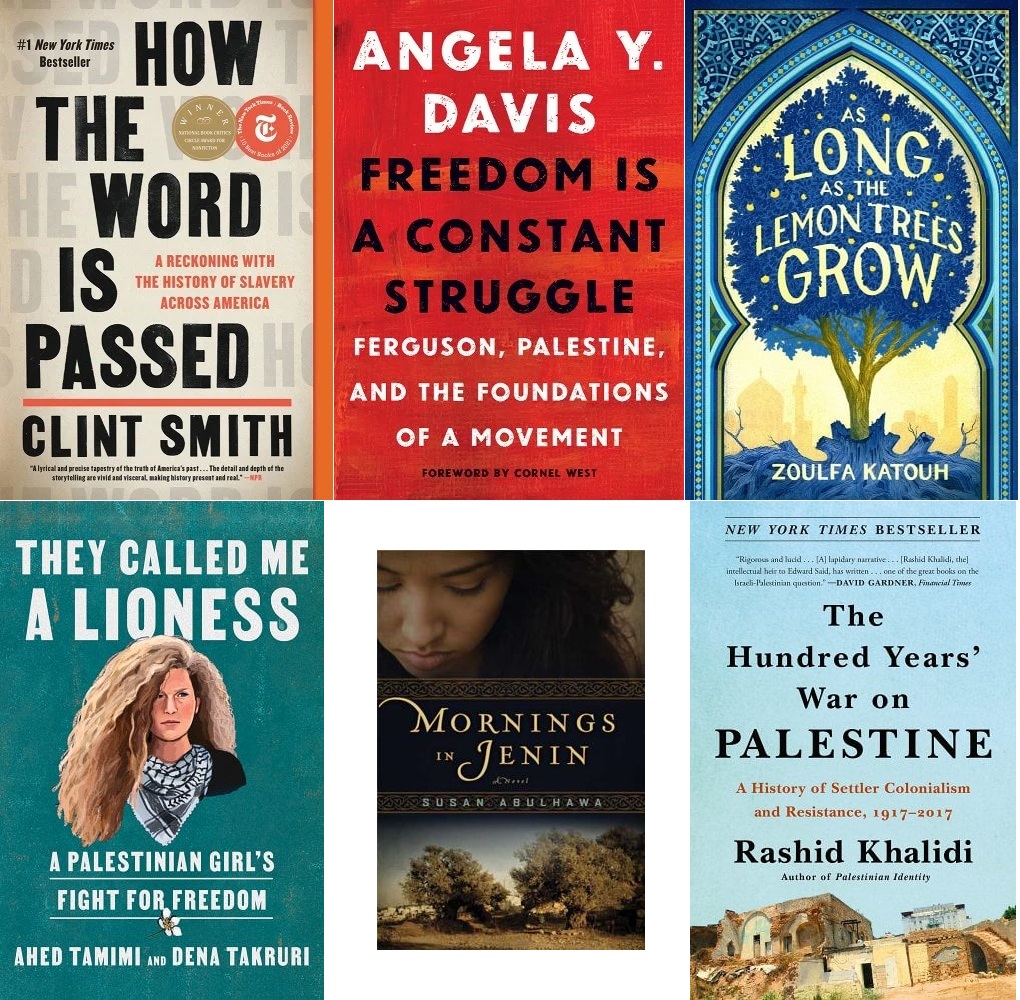This blog post was written by NCTE member Dr. Sawsan Jaber. It is part of Build Your Stack®, an NCTE initiative focused exclusively on helping teachers build their book knowledge and their classroom libraries. Build Your Stack provides a forum for contributors to share books from their classroom experience; inclusion in a blog post does not imply endorsement or promotion of specific books by NCTE.
As technology develops and physical space diminishes, the need for our students to be able to read the world, interrogate what they see, and understand it becomes more and more important. I always ask myself, how can ELA classes leverage the world as the richest text in our classroom spaces? How do we help students develop the tools to become global citizens understanding their roles as change agents, scholar activists, and leaders? It is not simply the texts we teach but how we teach them. For the purposes of this blog, I will share some texts that open the world for students to consider perspective, world events, activism in different forms, and the systems at play that silence stories of marginalized groups.
 The first text that comes to mind is How the Word Is Passed by Clint Smith. Not only does Smith give readers the opportunity to enjoy the way he paints with words through his writing, but the text gets at the core of how people’s lived experiences shape their beliefs and identities crafting more complex human beings. As Smith revisits historic landmarks related to slavery in America, he analyzes how perceptions of people he speaks to shape our country today and lead to so much of the marginalization we continue to see. Through his work, Smith gives readers the opportunities to consider how perspectives are shaped, built, and become truths.
The first text that comes to mind is How the Word Is Passed by Clint Smith. Not only does Smith give readers the opportunity to enjoy the way he paints with words through his writing, but the text gets at the core of how people’s lived experiences shape their beliefs and identities crafting more complex human beings. As Smith revisits historic landmarks related to slavery in America, he analyzes how perceptions of people he speaks to shape our country today and lead to so much of the marginalization we continue to see. Through his work, Smith gives readers the opportunities to consider how perspectives are shaped, built, and become truths.
Another text I believe to be extremely important to this stack is Freedom Is a Constant Struggle by Angela Davis. Through her text, Davis highlights the intersectionality of people and groups and defines the fight for justice as everyone’s fight.
As Long as the Lemon Trees Grow by Zoulfah Katouh is a beautiful Syrian story that elevates the narrative of a world often omitted or represented stereotypically in curriculum, the Middle East. I love this novel because of its beautiful writing, the complexity of the characters, and the reality of war-torn Syria. More importantly, this contemporary text humanizes Arabs because while it captures their pain, it elevates joy and mourns loss, while celebrating love, family, and resilience.
I cannot write about reading the world in 2024 without including stories of Palestine. Susan Abulhawa’s Mornings in Jenin is another masterpiece that tells the story of the generational displacement of a Palestinian family. It is a story about identity, family, preservation, immigration and what it means to find home. It humanizes Palestine and elevates a “different” story than the single story that has existed for over 75 years.
 Other stories I recommend for Palestine are They Called Me a Lioness by Ahed Tamimi and Dena Takrur, a memoir written for adolescents that elevates the story of a young girl navigating the occupation of her village and child imprisonment. It gives students the opportunity to consider themselves as change agents in their youth.
Other stories I recommend for Palestine are They Called Me a Lioness by Ahed Tamimi and Dena Takrur, a memoir written for adolescents that elevates the story of a young girl navigating the occupation of her village and child imprisonment. It gives students the opportunity to consider themselves as change agents in their youth.
Finally, Rashid Khalidi’s The 100 Years’ War on Palestine is a great historic nonfiction text that can be paired with poetry anthologies like Mohammed El-Kurd’s Rifqa or Lena Tuffaha’s Something about Living; both elevate poetic stories of Palestinians.
Our schools have a responsibility to give students stories that broaden their perspectives so they can find their own truths in the world. For everyone reading this and thinking it is too political, censoring stories is a political act. As gatekeepers of the curriculum, we engage in political acts daily. Our students deserve to learn to think critically about the world, including topics that have been deemed “too political” by generations of educators.

Dr. Sawsan Jaber is a global educator, presenter, equity strategist, curriculum designer, community activist and keynote speaker of 20+ years. She has held a variety of leadership positions both in the US and abroad. She is currently a high school English department chair, district equity leader, and teacher at Maine West High School in Park Ridge, Illinois. Dr. Jaber founded Education Unfiltered Consulting and works with schools nationally and internationally. She completed her PhD in curriculum and instruction with a focus on inclusion and belonging of students from marginalized communities, with a focus on Arab American students in historically homogenous communities. Dr. Jaber was one of the ten finalists for Illinois State Teacher of the Year. She was awarded the Cook County Teacher of the Year in 2023, ISTE 20 to Watch Award for 2023, the CEL Teacher-Leader of Excellence Award in 2023, and IDEA Teacher of the Year in 2022. Dr. Jaber is a board director of Our Voice Alliance (OVA), charged with amplifying the voices of teachers of color to create more equity for students of color. Additionally, she is one of the founders of the Arab American Education Network (AAEN). Dr. Jaber is a member of the International Society for Technology in Education’s (ISTE) Community Leader Network. She is a member of NCTE’s Committee Against Racism and Bias in the Teaching of English. Dr. Jaber is a National Board-Certified teacher and focuses most of her research on engaging all students in equity work and advocating for Arab and Muslim students. Among other projects, she has worked on national and international equity-centered projects with Google and the National Board Association. She is a Pulitzer Teacher Fellow and a state TeachPlus Policy Fellow. Dr. Jaber has been featured in several conferences and podcasts, and written several blogs, journals, and newsletter publications with the hopes of continuing to work with educators to empower students to work toward global equity and justice. She has published several scholarly works as well as a chapter in the book Navigating Precarity in Educational Contexts: Reflection, Pedagogy, and Activism for Change and a chapter in the book The Intersections of Critical Pedagogy, Critical Literacy, and Social Justice: Toward Empowerment, Equity, and Education for Liberation. Dr. Jaber is cowriting part two of the book Street Data with author Shane Safir. She has several other publications. However, her favorite work is being an Activist Scholar and co-conspirator for justice alongside her students. Dr. Jaber brings the perspective of being the daughter of refugees from Deir Yasin, Palestine. Connect by email or connect on Twitter at @SJEducate.
It is the policy of NCTE in all publications, including the Literacy & NCTE blog, to provide a forum for the open discussion of ideas concerning the content and the teaching of English and the language arts. Publicity accorded to any particular point of view does not imply endorsement by the Executive Committee, the Board of Directors, the staff, or the membership at large, except in announcements of policy, where such endorsement is clearly specified.


